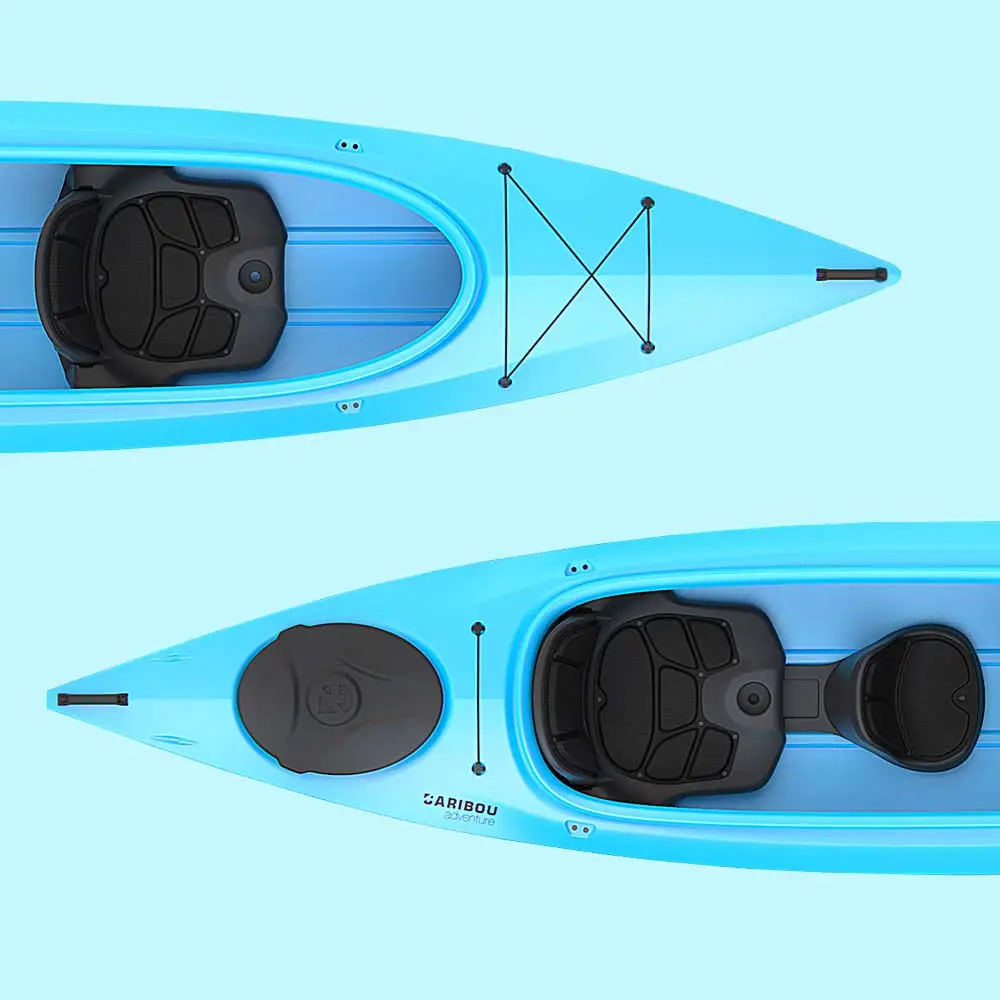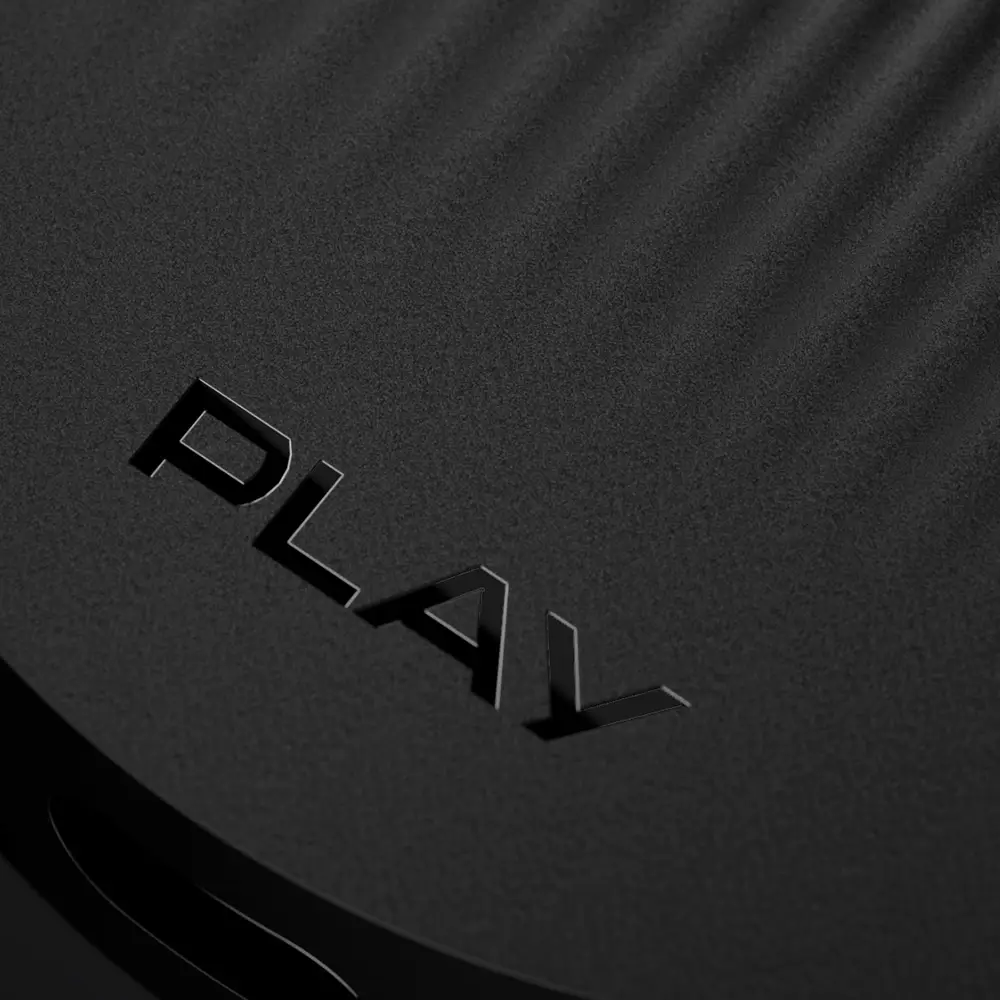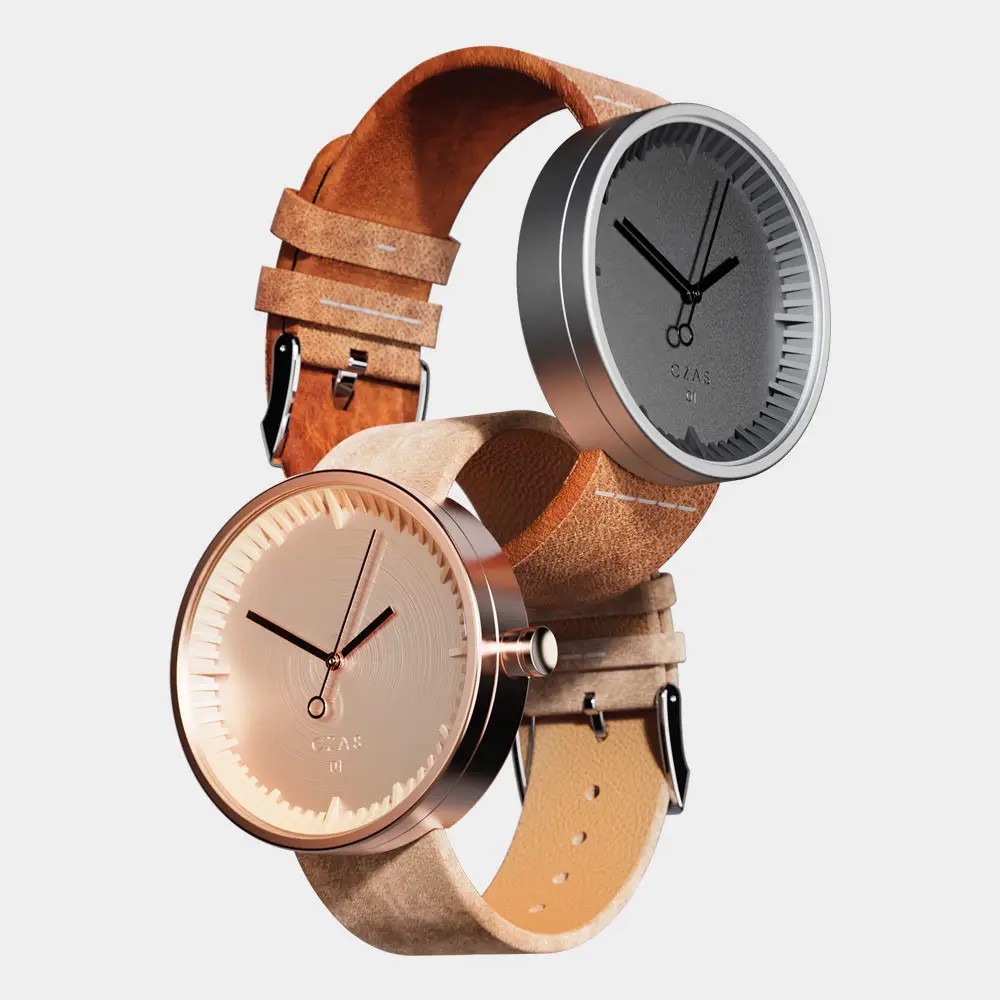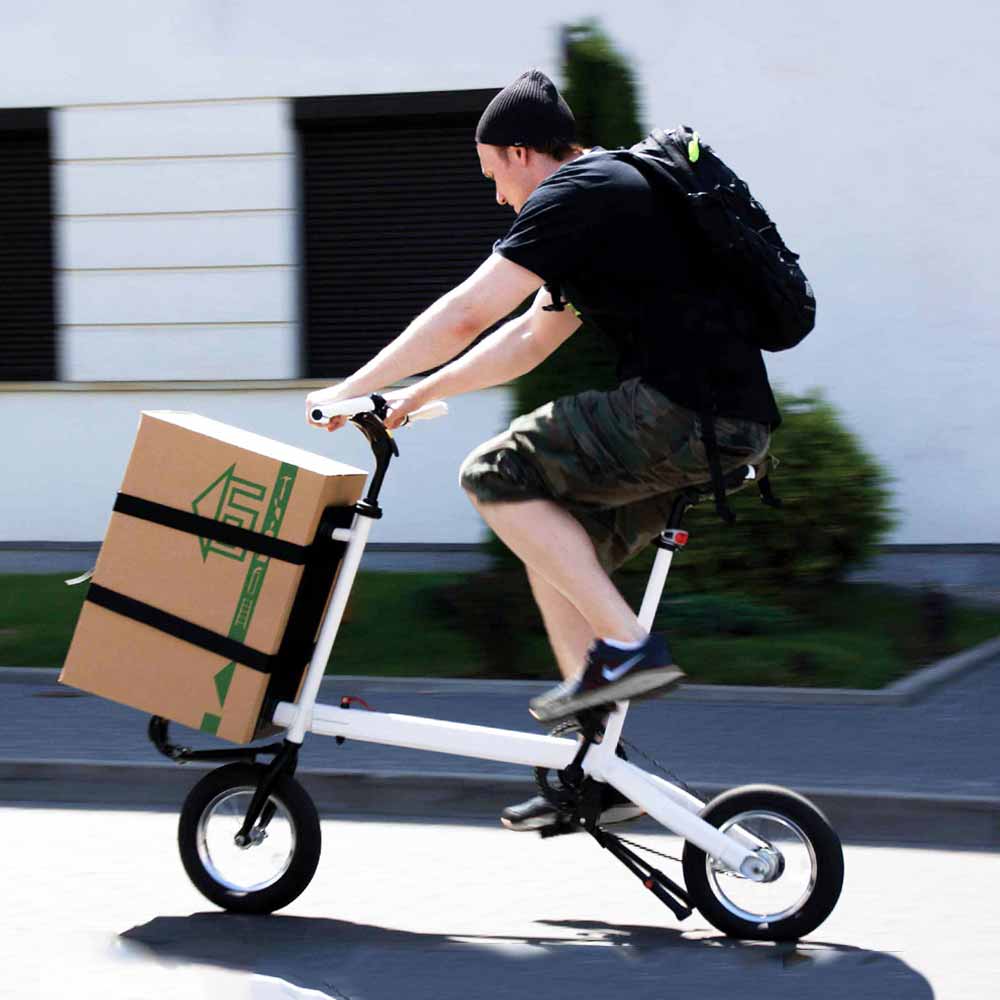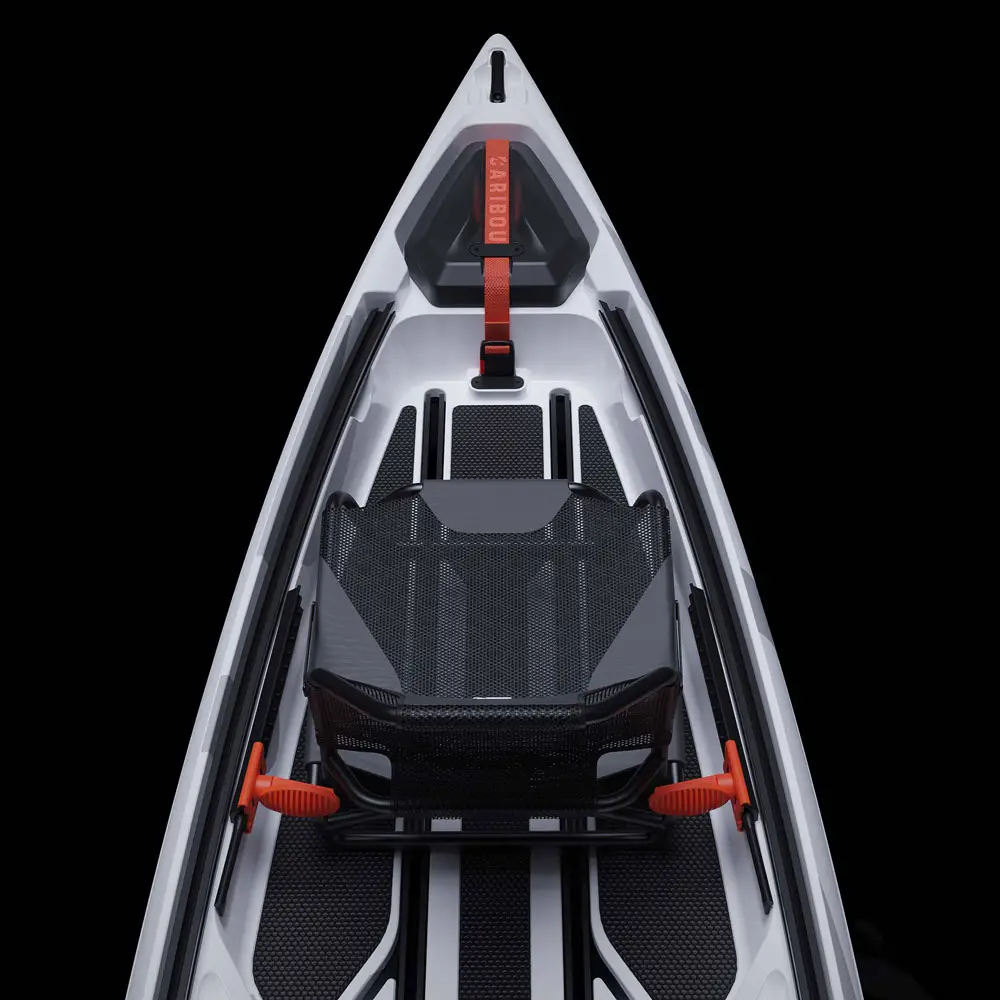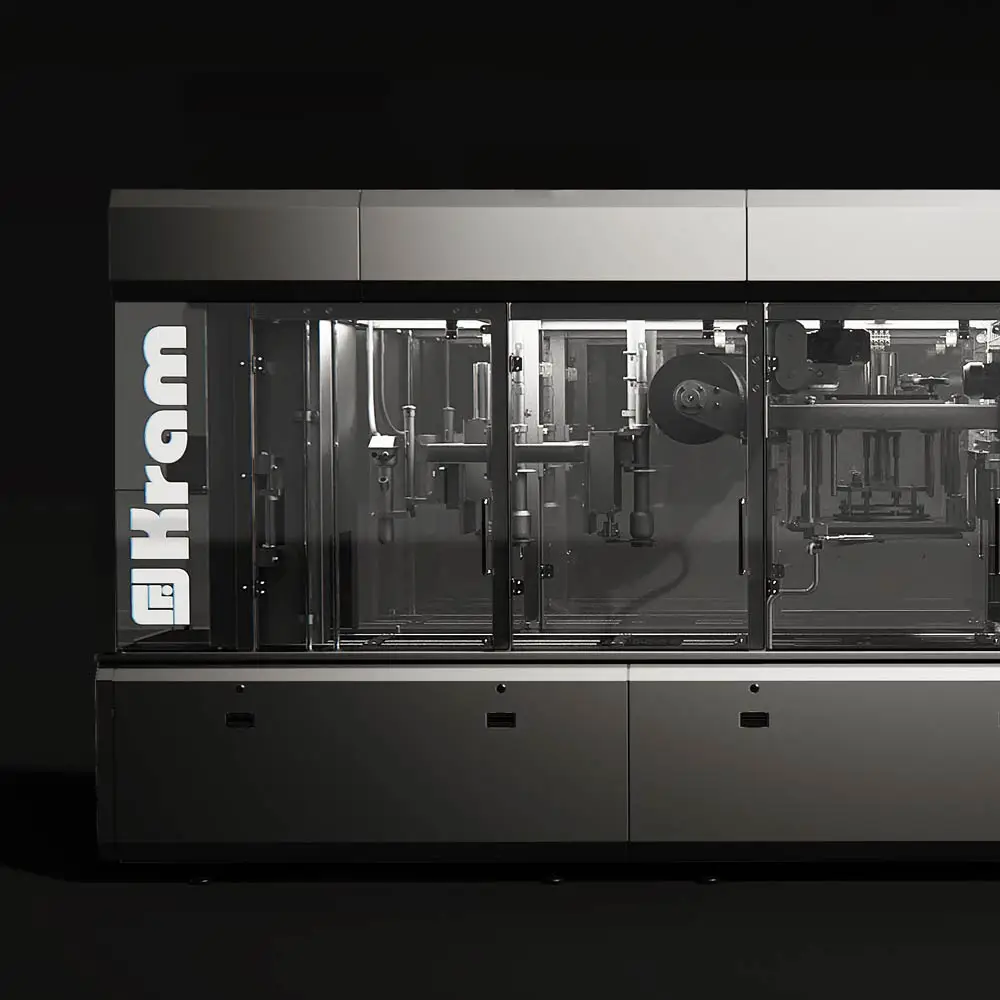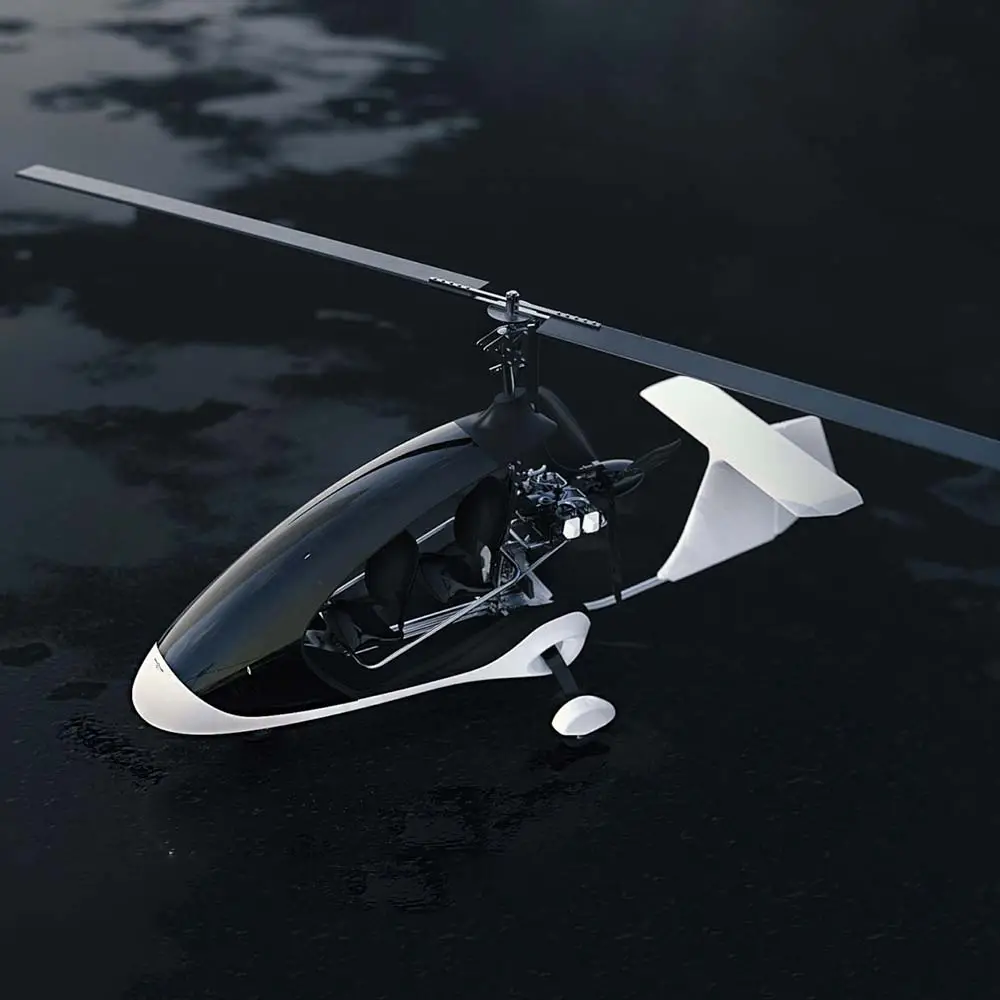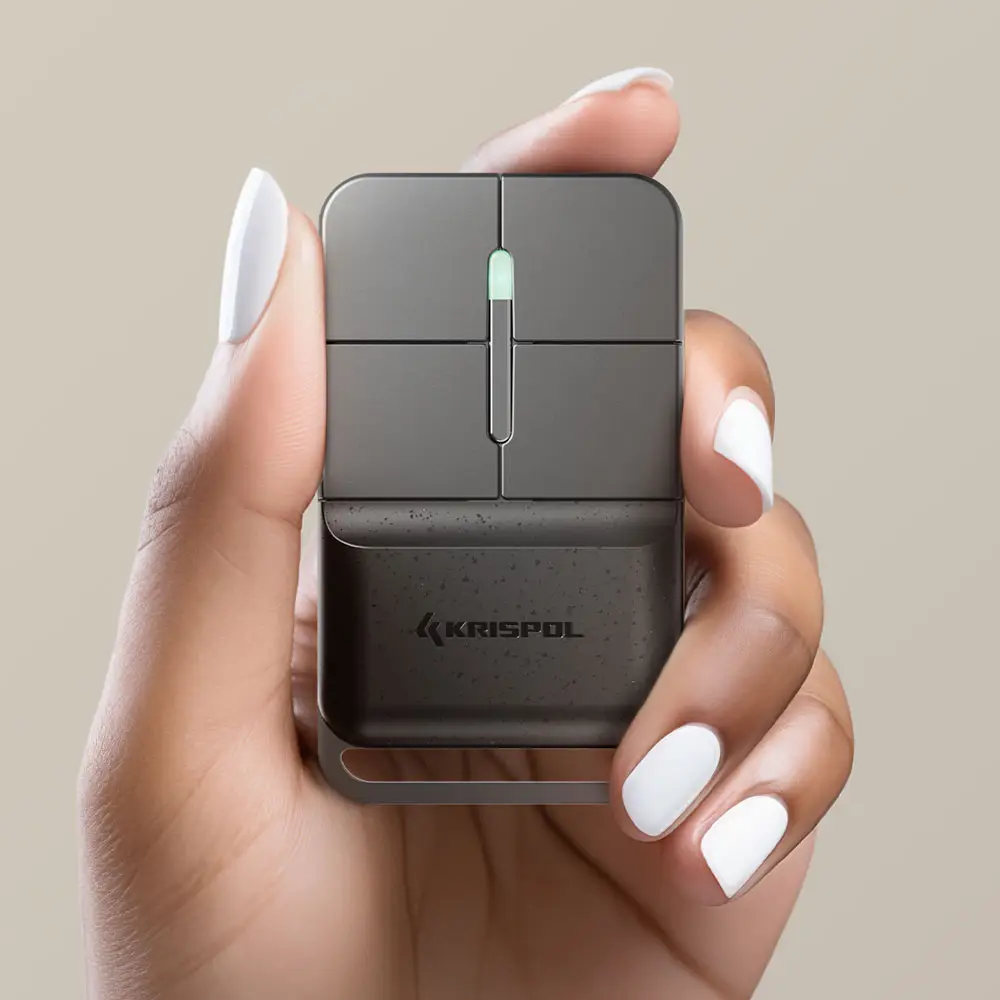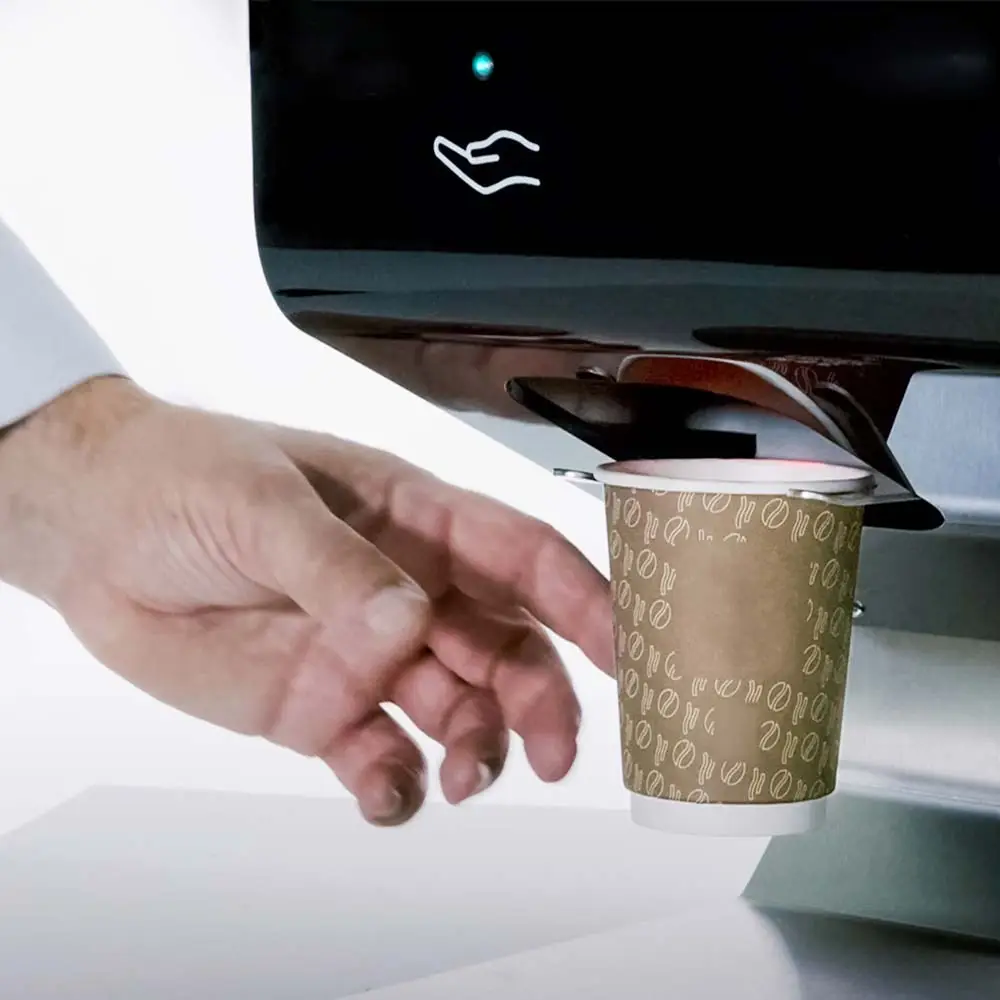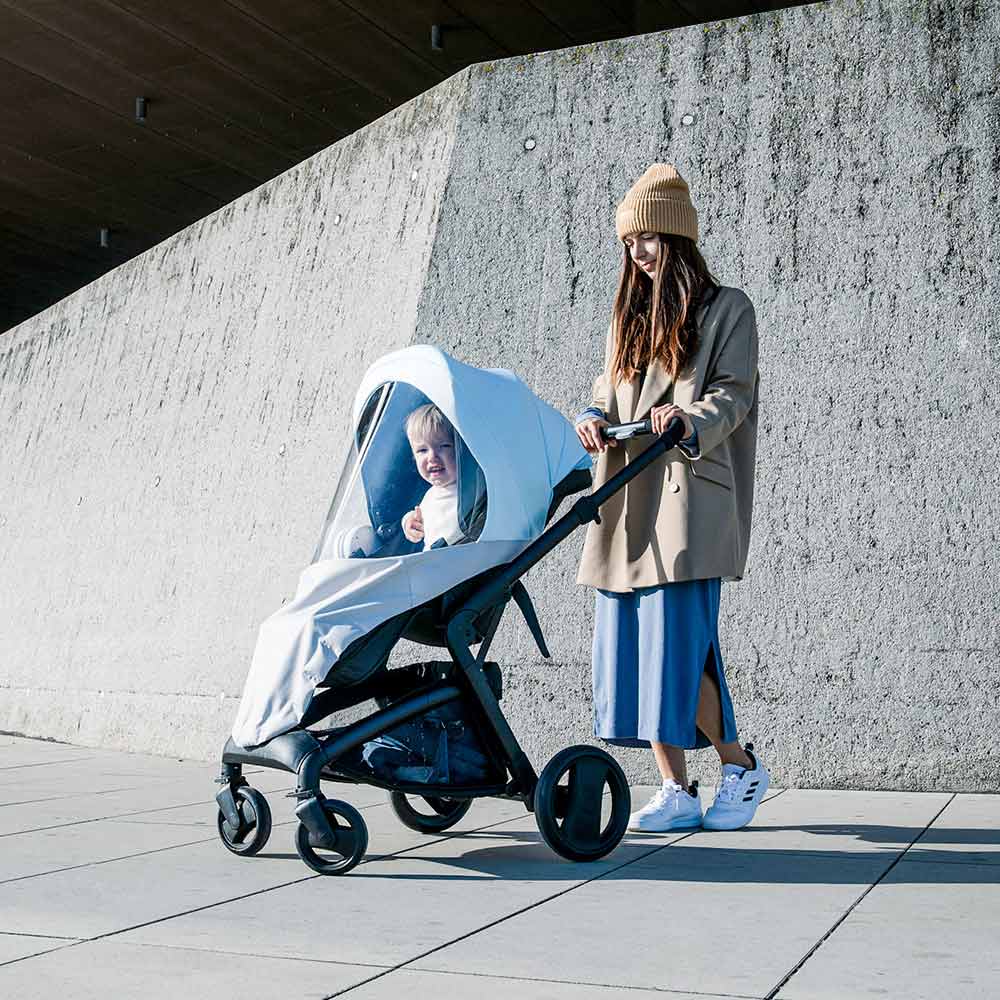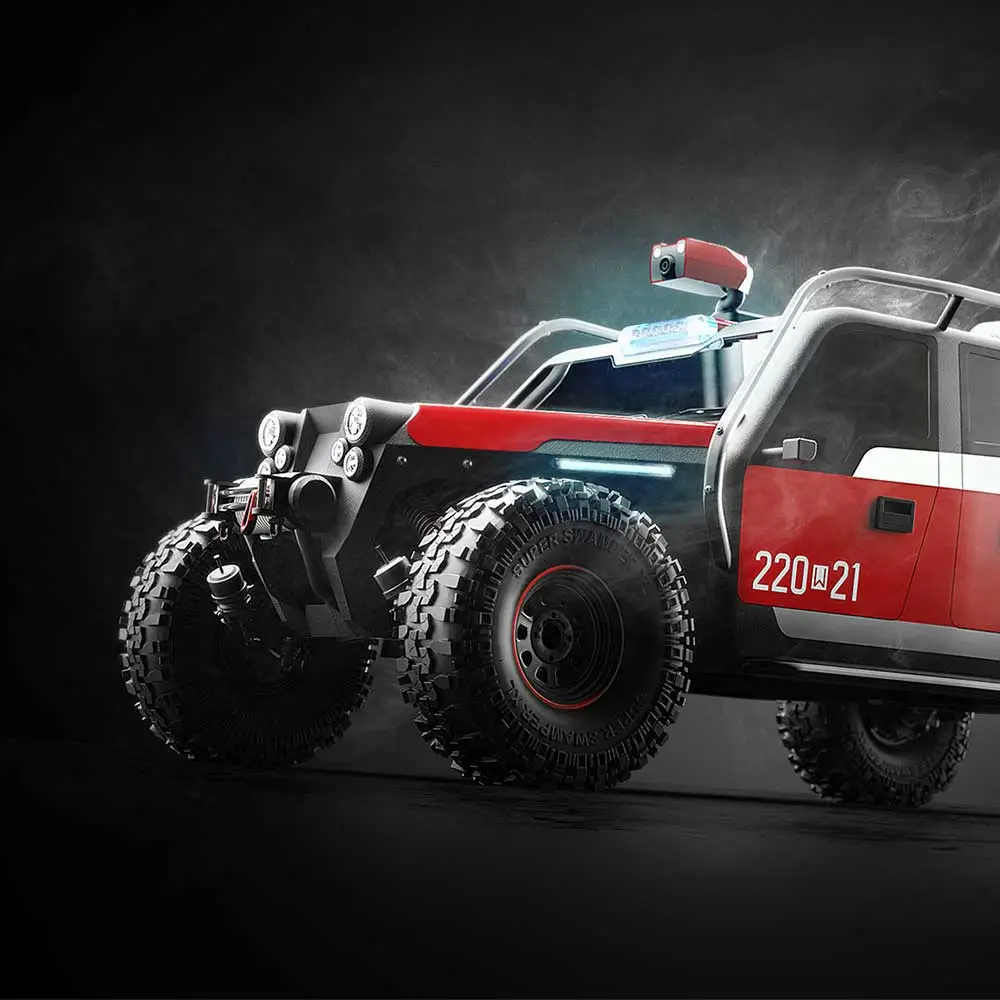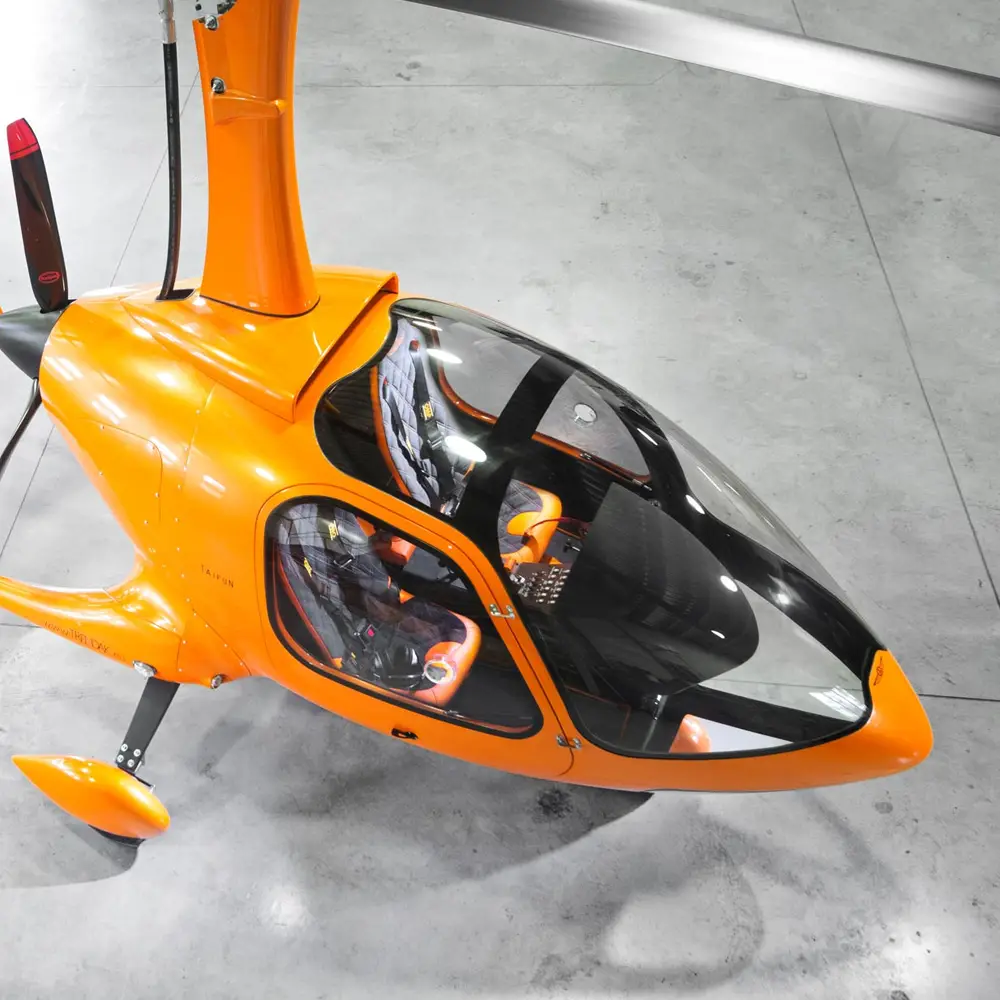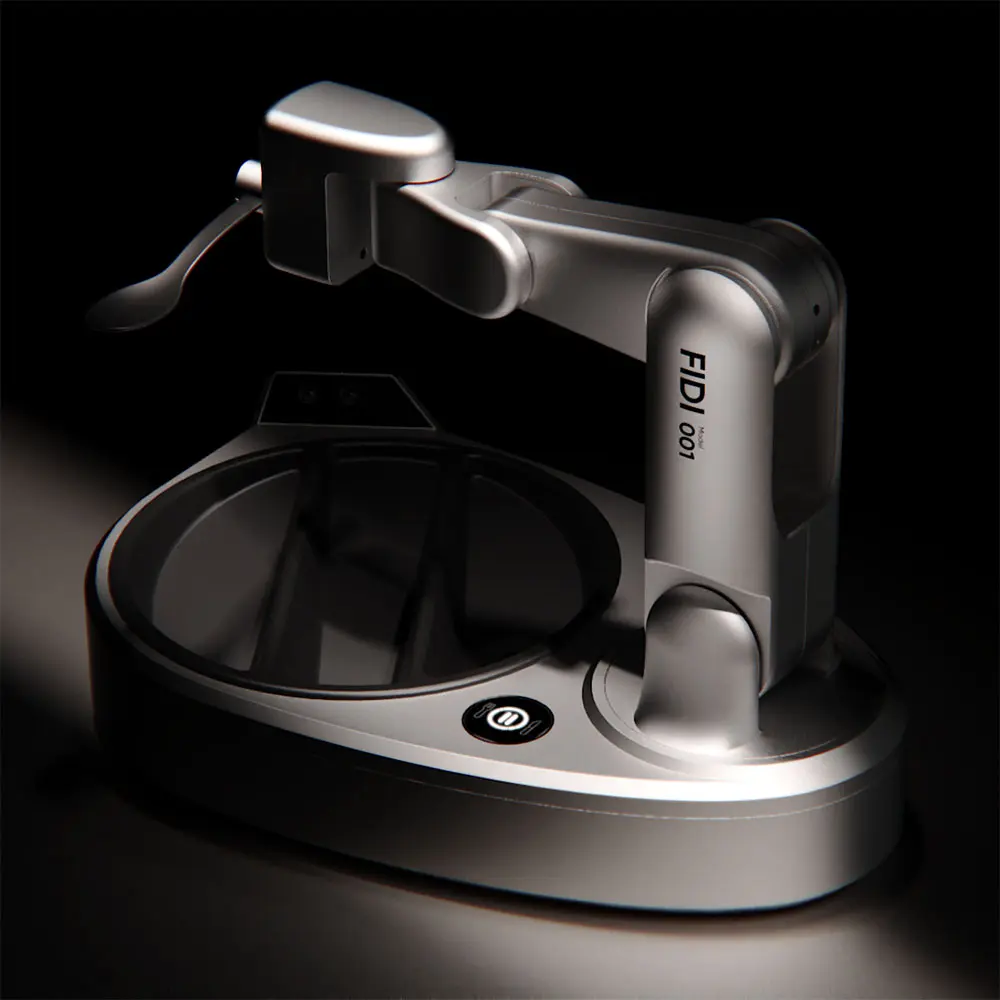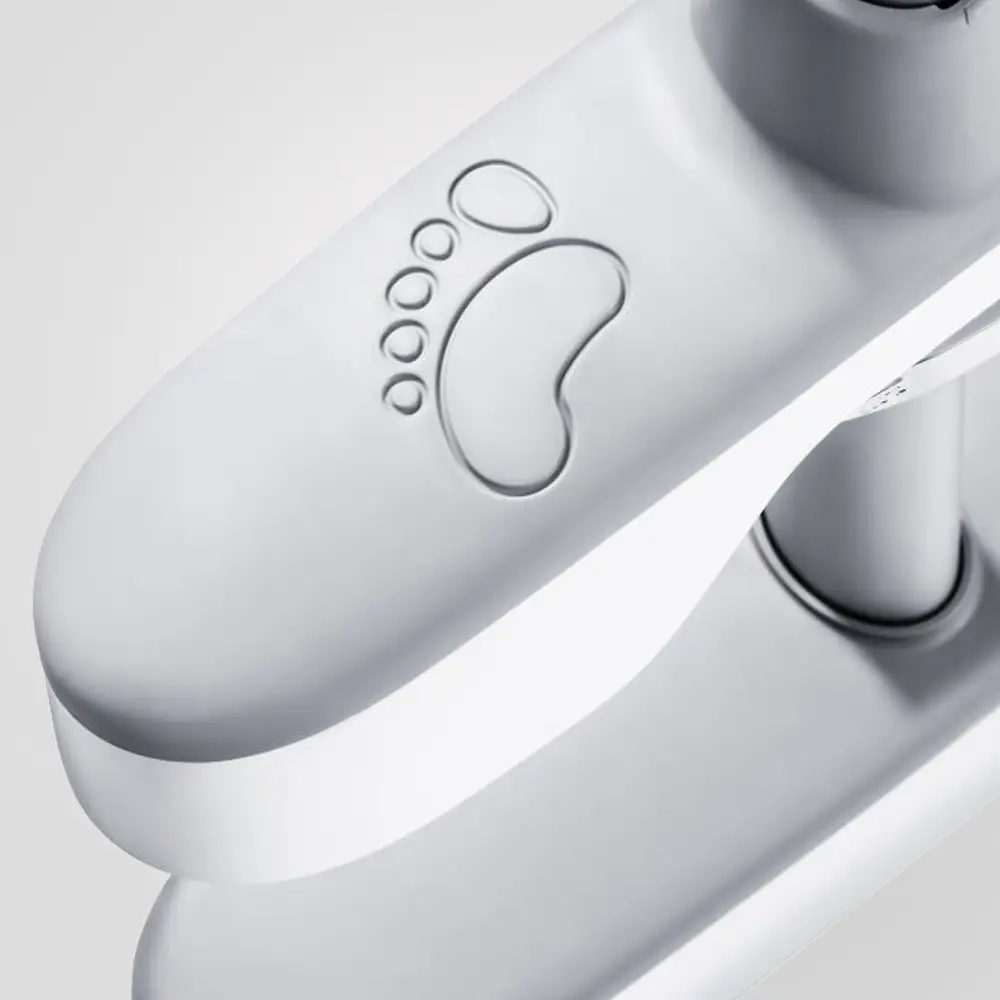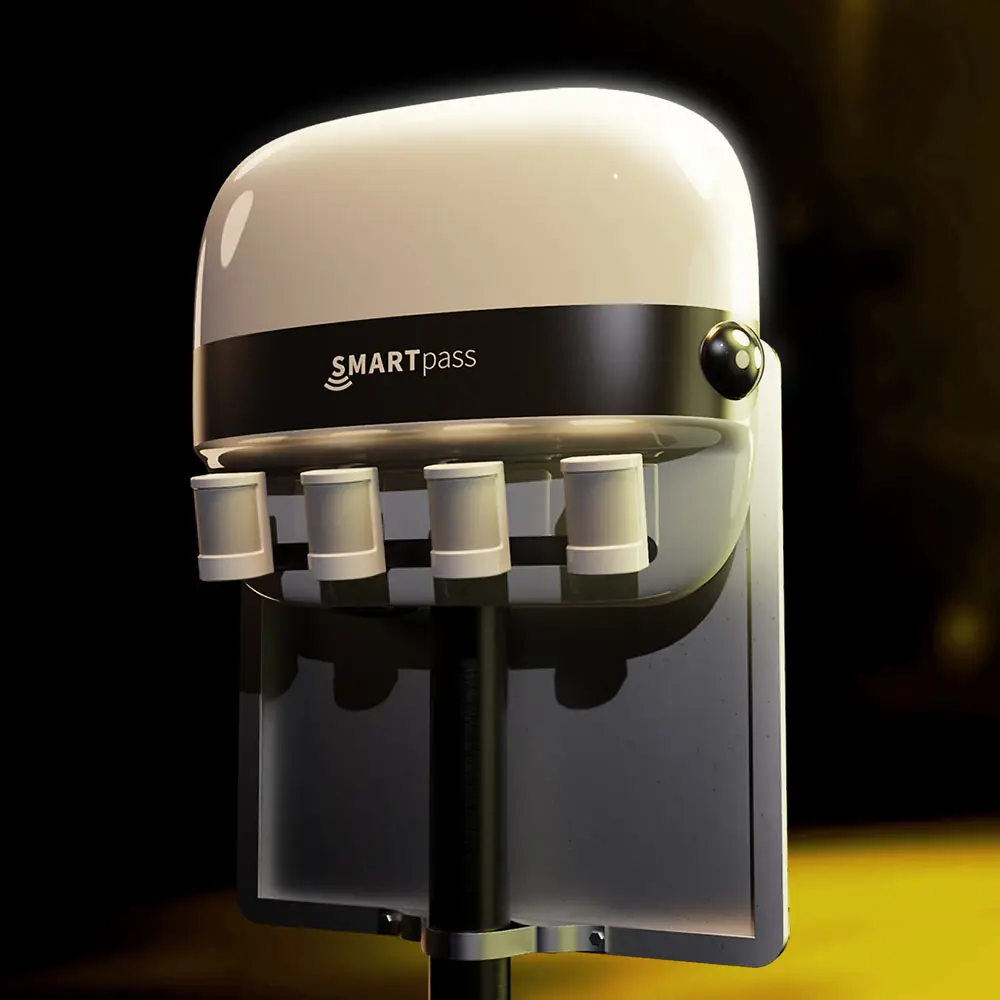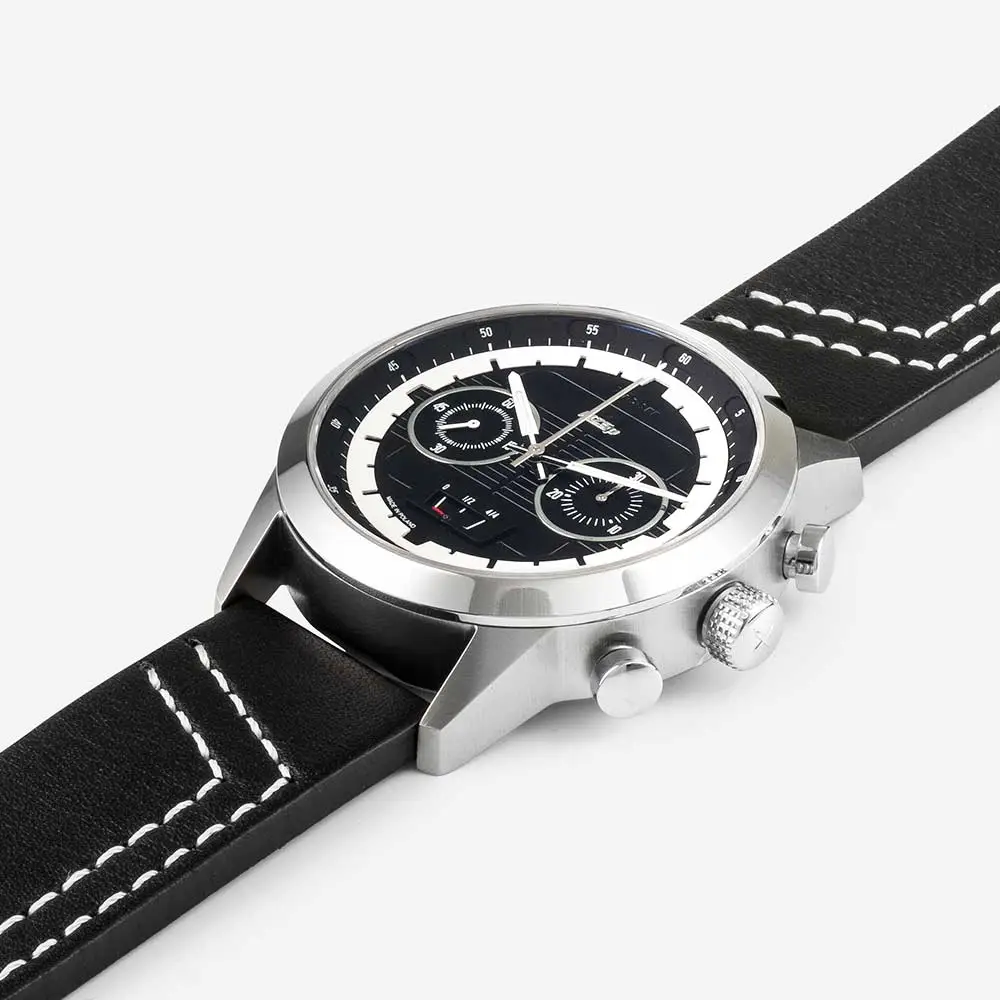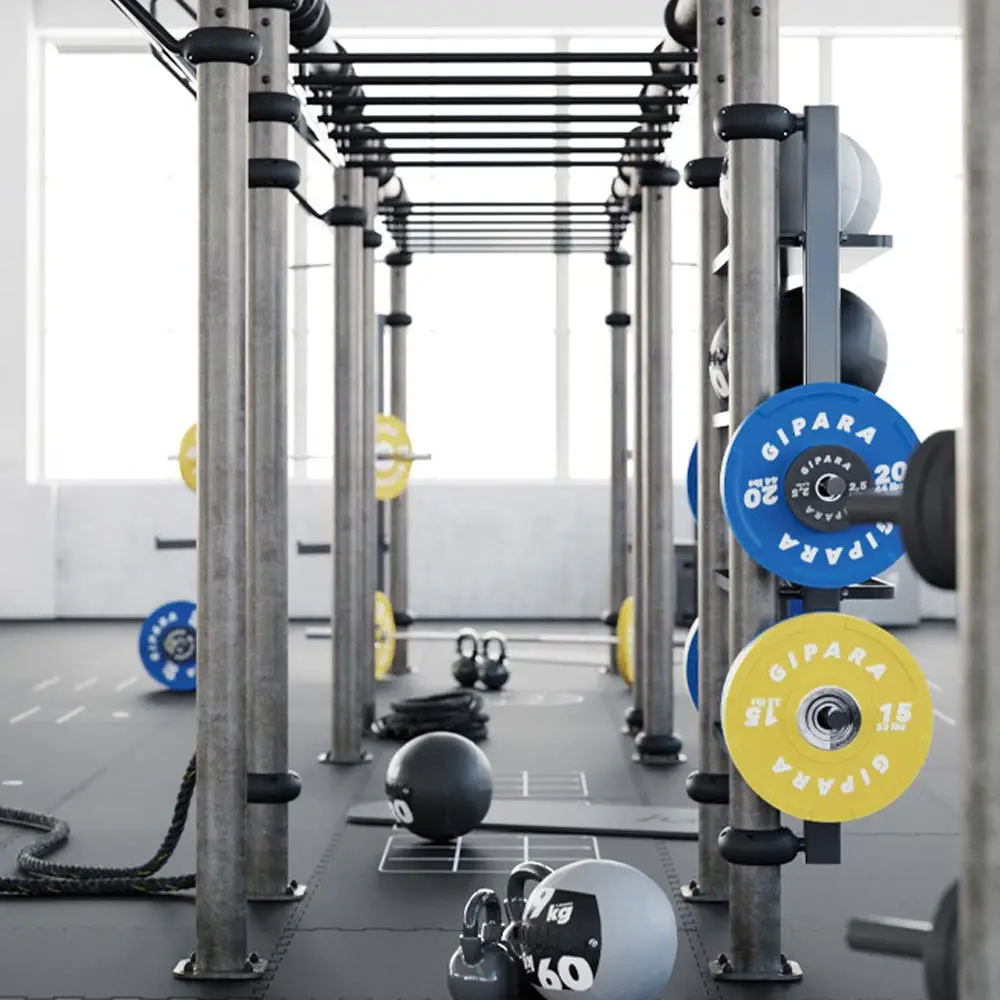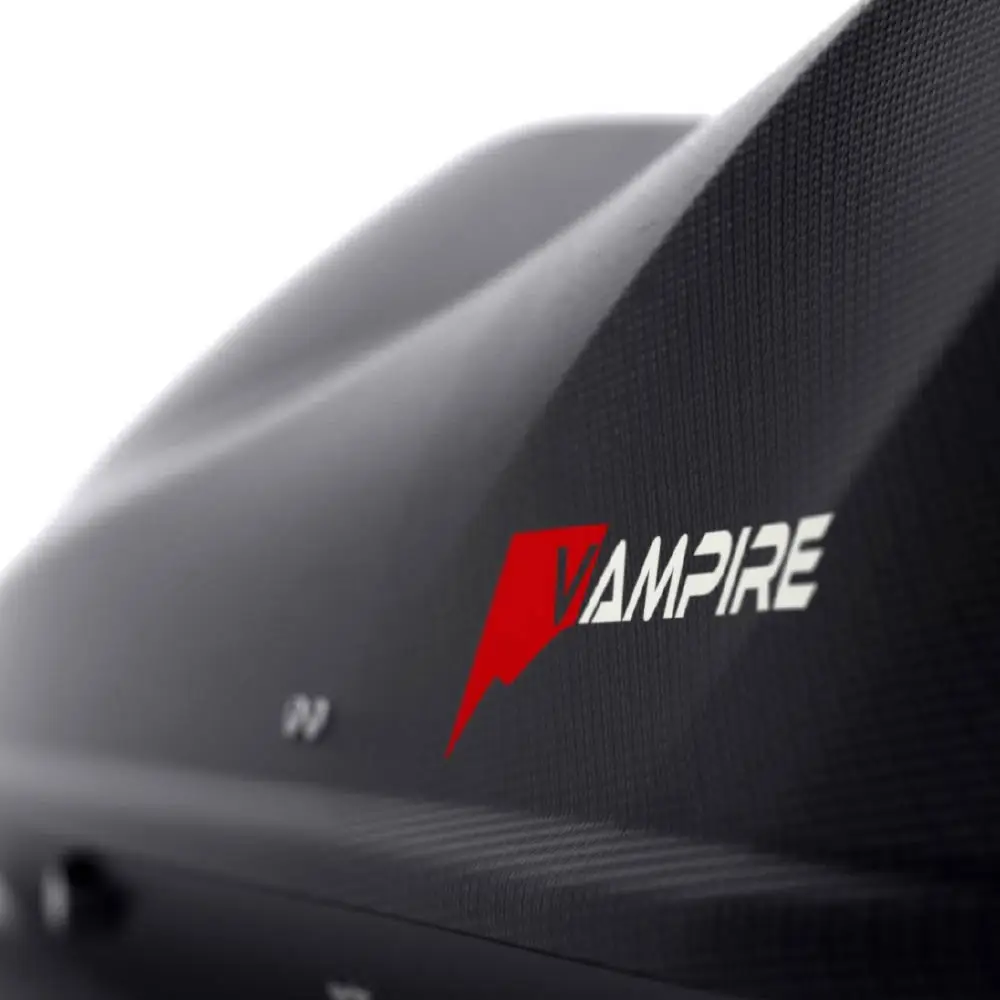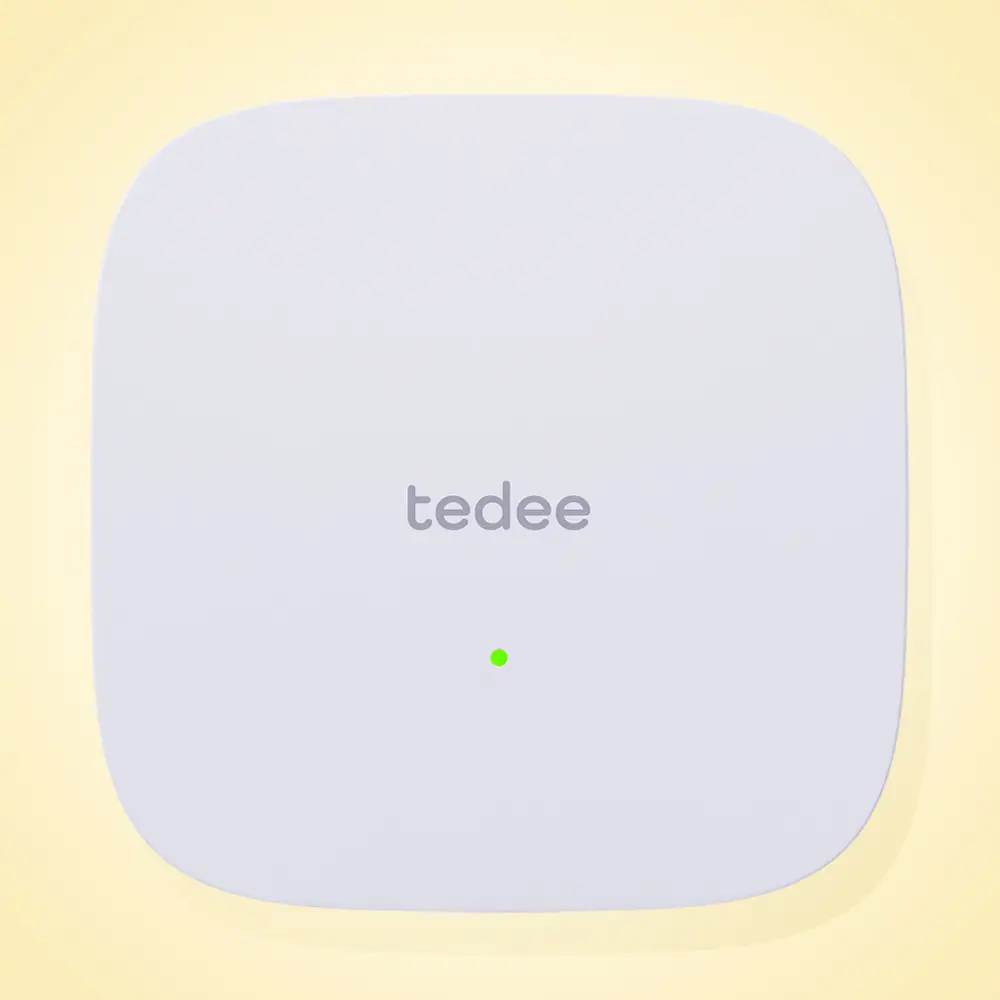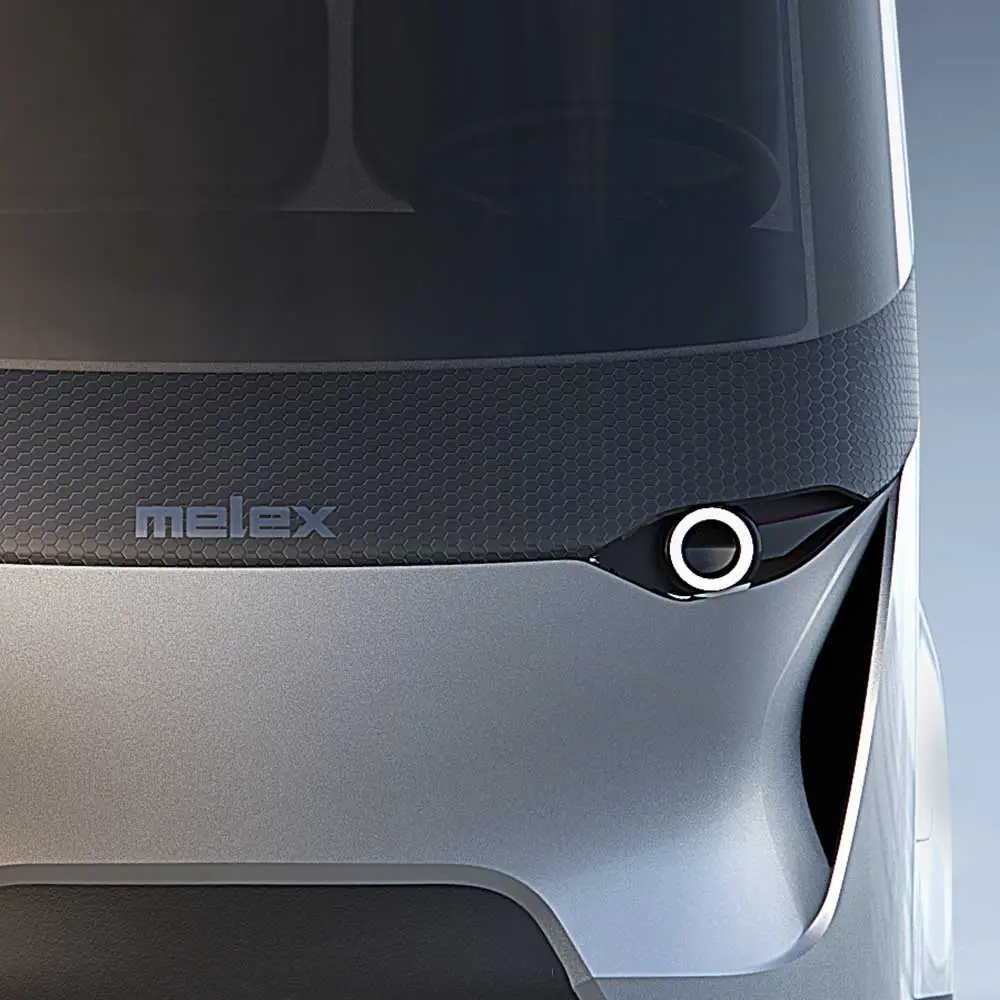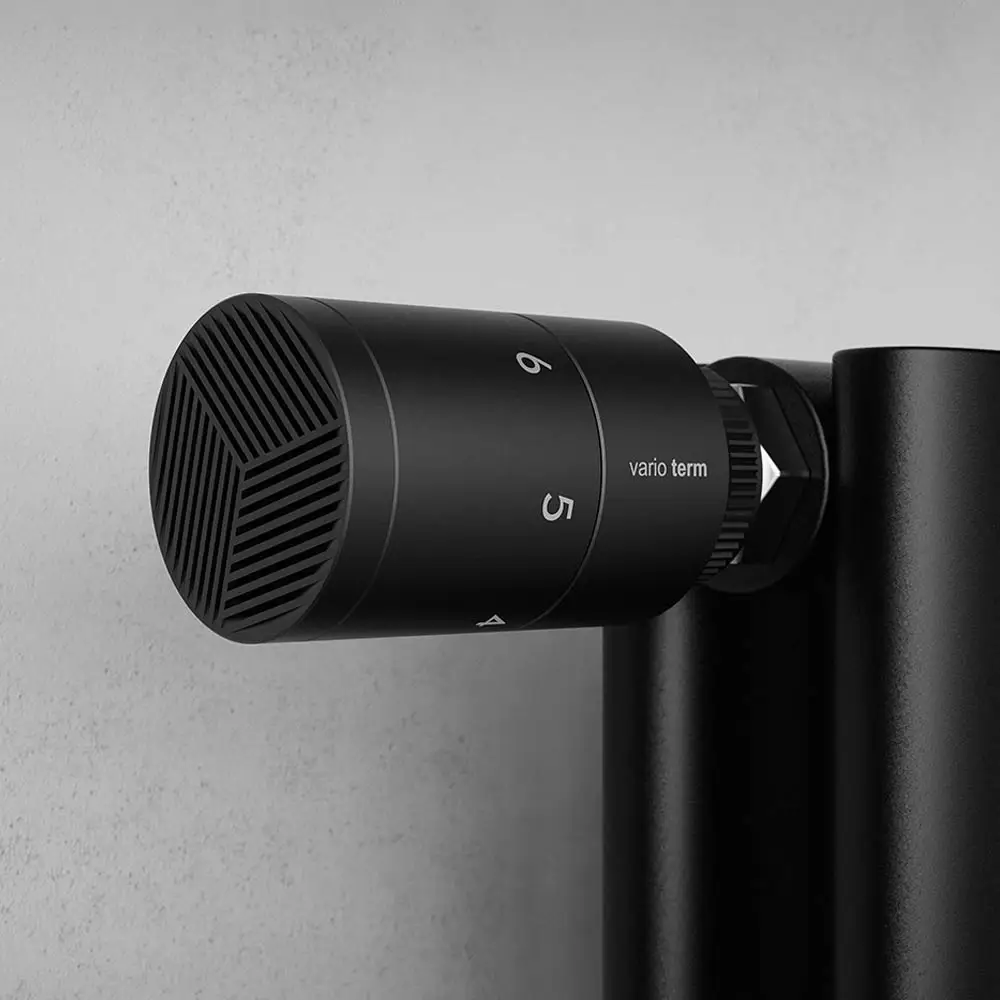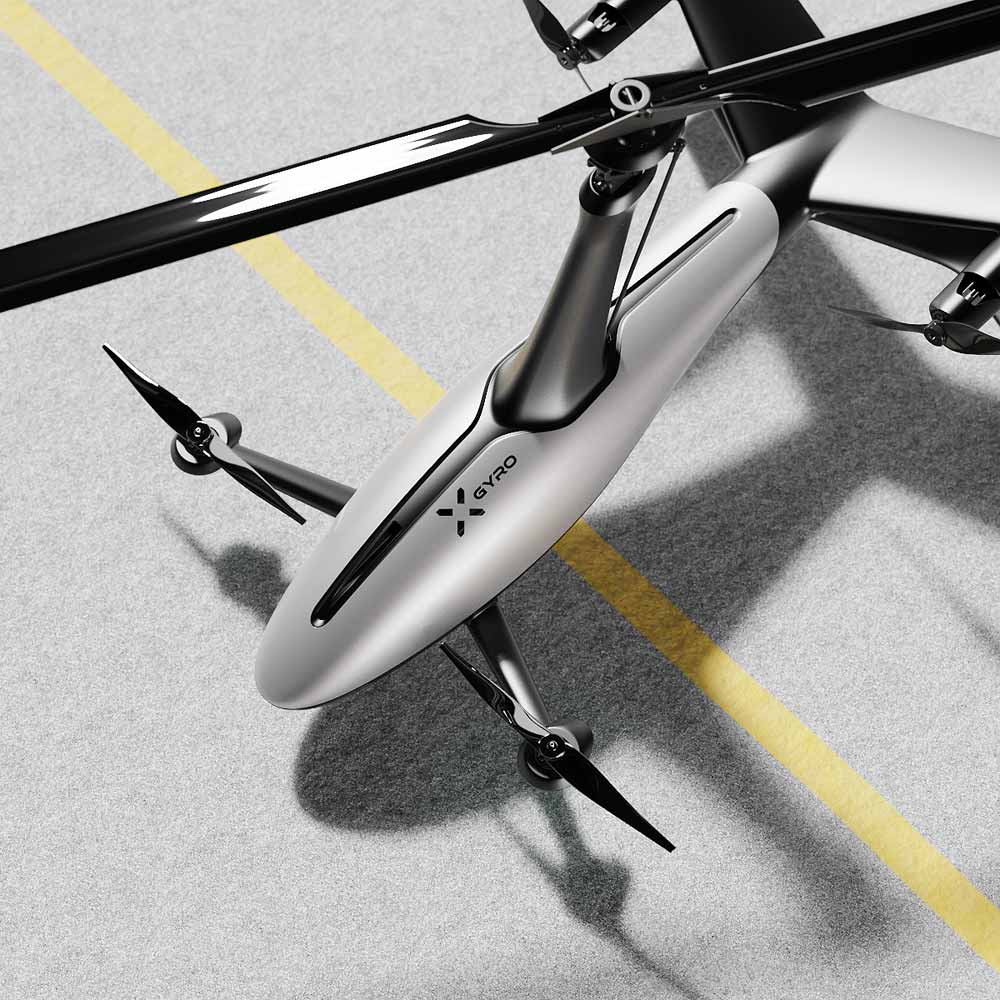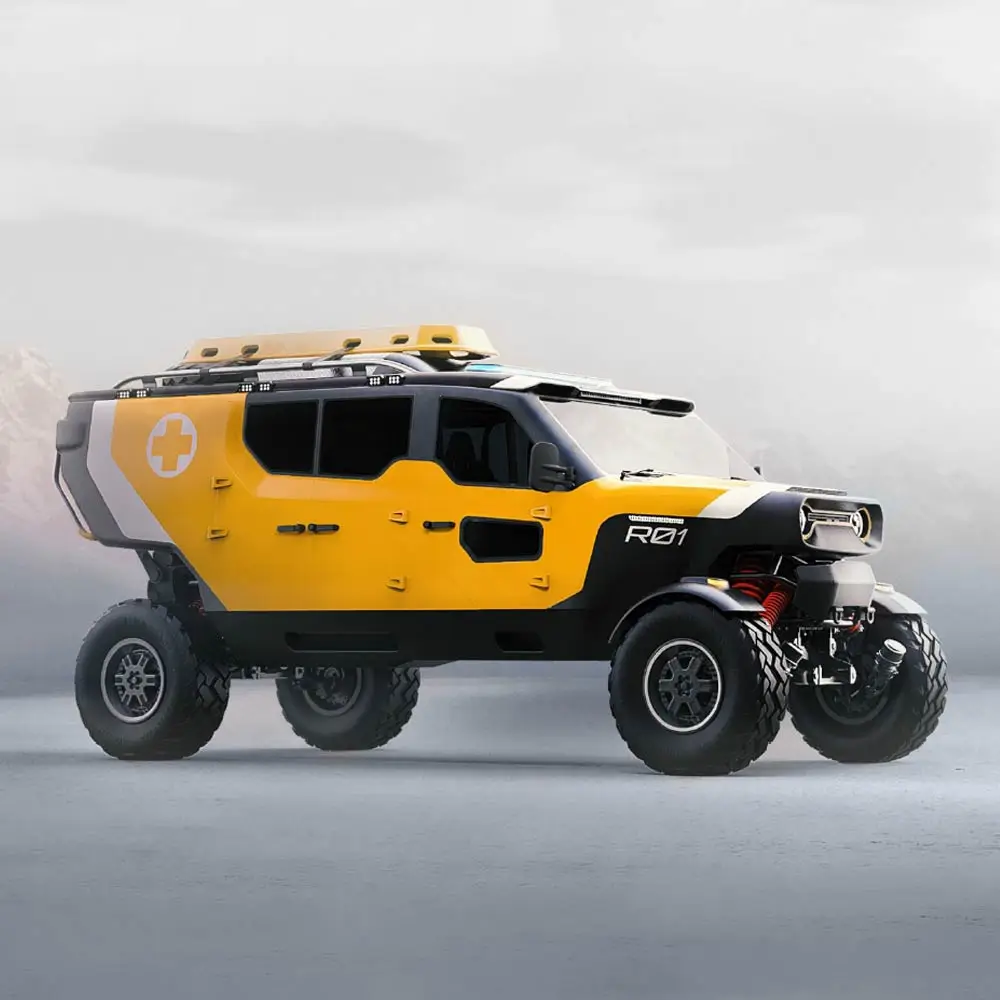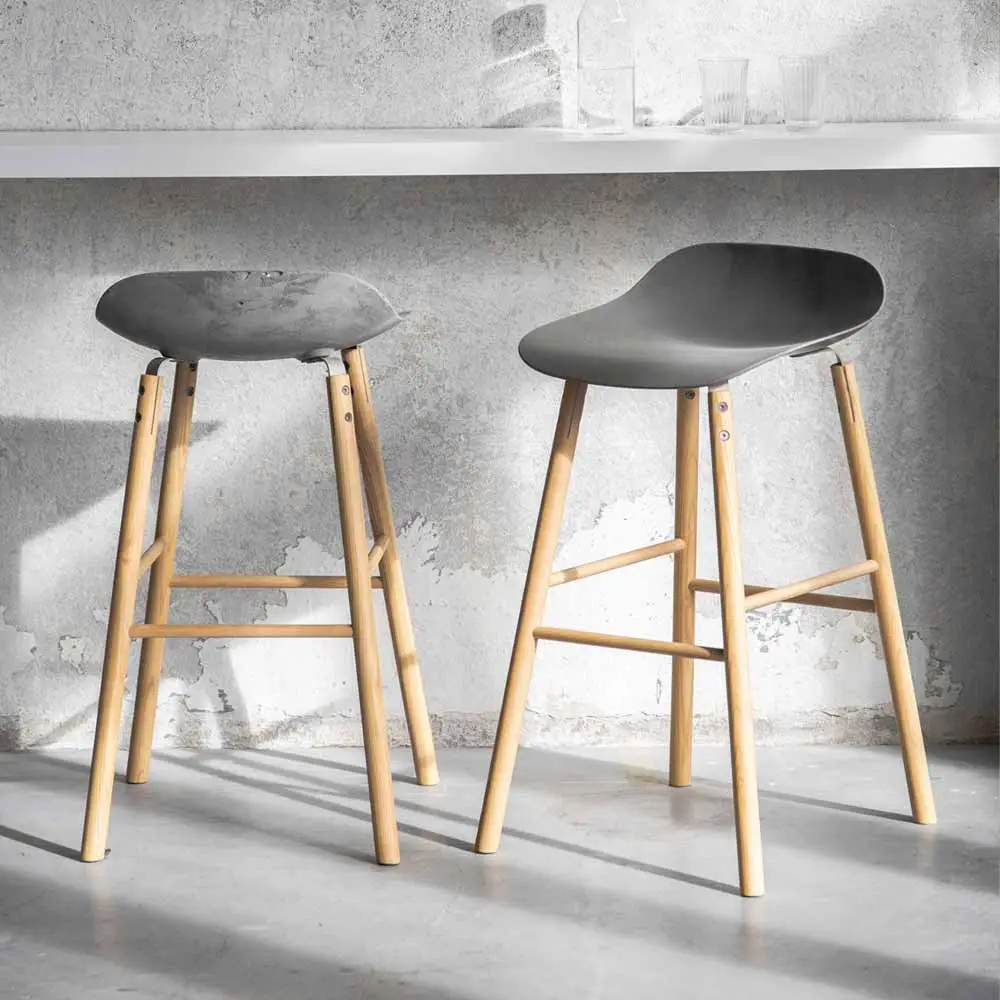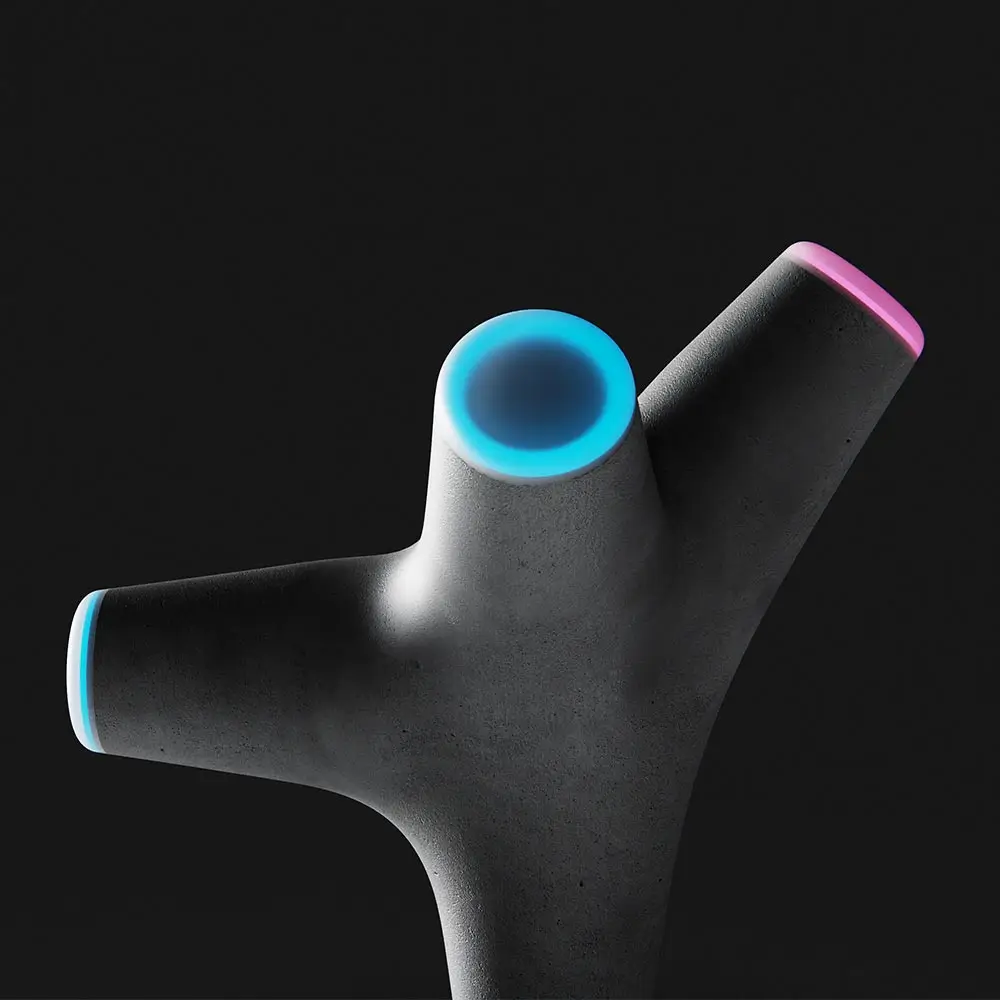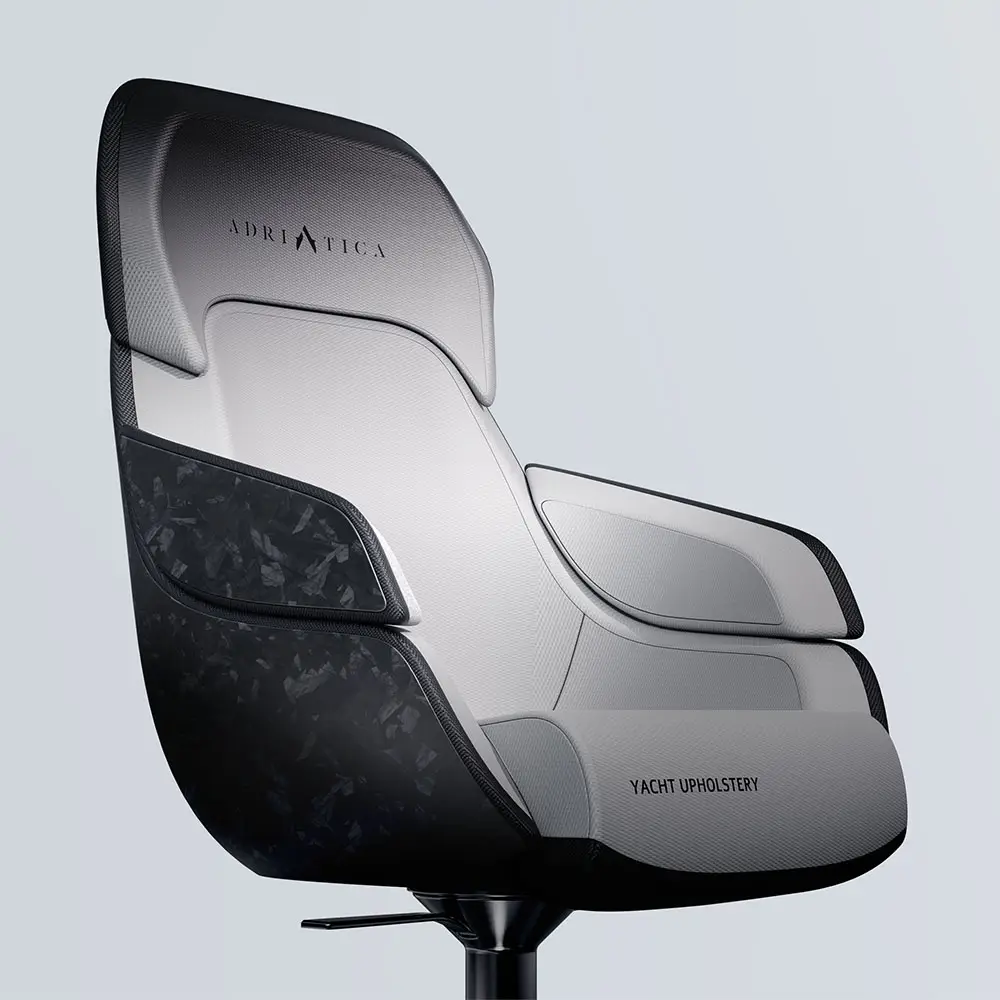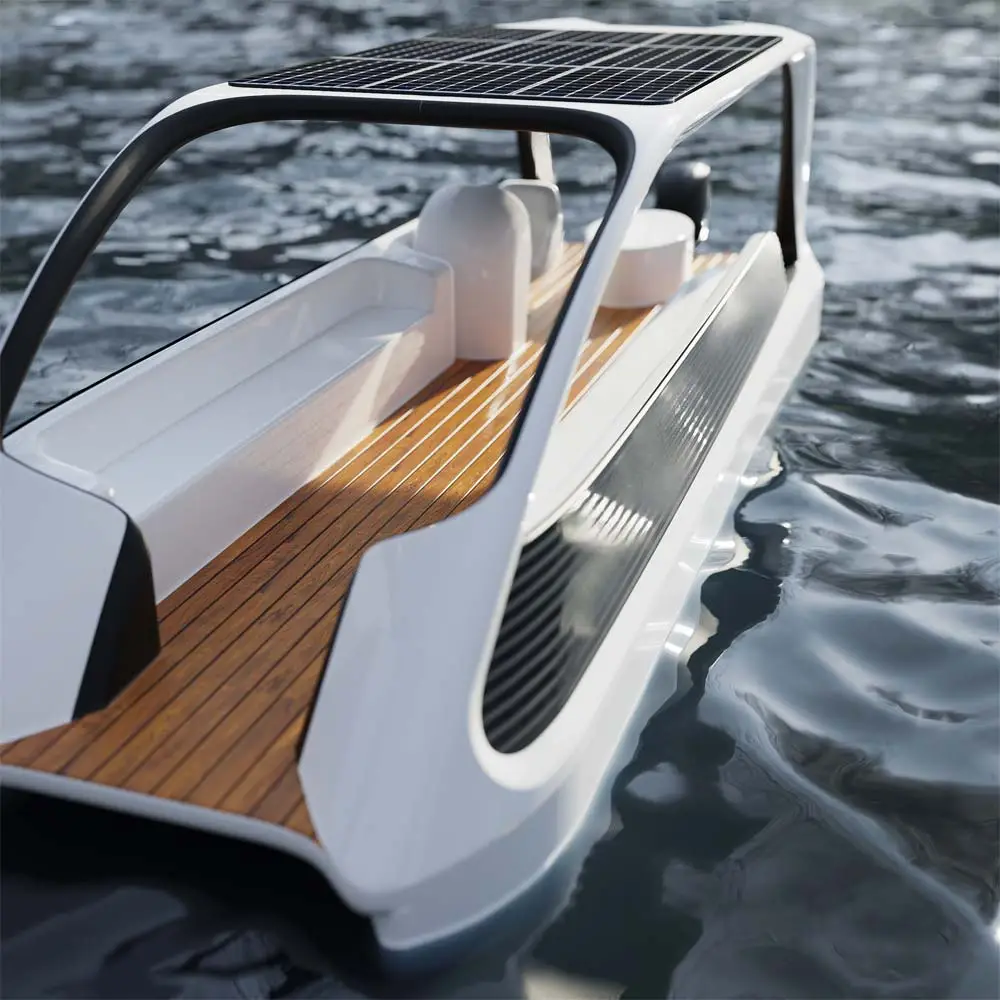Virtual chemistry lab
Opening up new ways of exploring the world and awakening in the students the desire to learn.
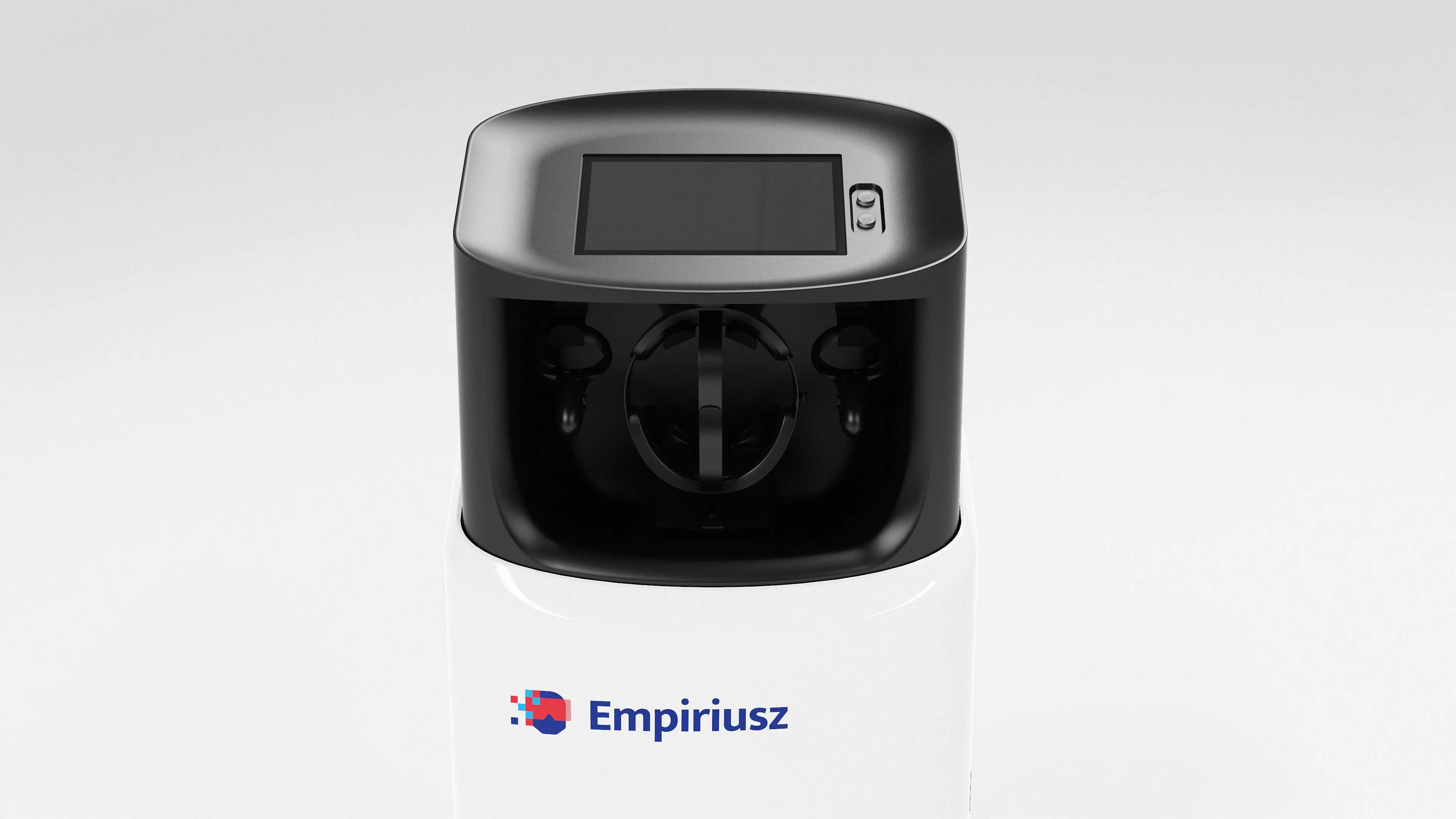
Context
1. New Era- the largest educational publishing house in Poland entrusted us with the implementation of its first physical product – a virtual chemistry laboratory.
2. It is a safe and economical method of conducting experiments without the risk of accidents often inherent in a stationary chemistry laboratory.
3. We have used our experience with virtual reality and used it in our design process.
4. Empirius transfers the physical space of the chemistry laboratory to the virtual world; it does not require the maintenance of a separate room, eliminates the risks associated with the use of actual substances, and means real savings for the school. In doing so, it does not lose the element of adventure that engages pupils.
5. Our aim was to design a functional, accessible and interesting case for VR apparatus.
Process
1. We opted for playability, which works on emotions, encourages repetition of experiments and fosters absorption of information – virtual reality design makes learning engaging.
2. We designed the housing for the VR apparatus and computer with intuitiveness, robustness (necessary when dealing with an energetic classroom) and attractive form in mind.
3. The mobile workstation has a permanently embedded computer and a retractable VR panel, and is operated from a touch screen.
Results
1. The work on Empirius came at a particularly difficult time in the pandemic, when schools had to switch to remote teaching.
2. Despite unfavourable conditions for investment, the virtual laboratory has met with very high interest and translated into high sales.
3. The project has had an impact on pupils’ enthusiasm and awakened their interest in science.

Summary
1. The work on Empirius came at a particularly difficult time in the pandemic, when schools had to switch to remote teaching.
2. Despite unfavourable conditions for investment, the virtual laboratory has met with very high interest and translated into high sales.
3. The project has had an impact on pupils’ enthusiasm and awakened their interest in science.
